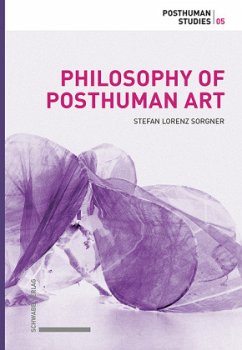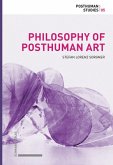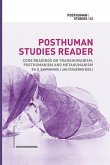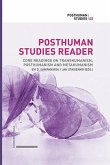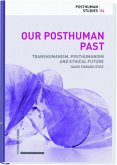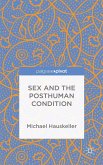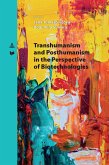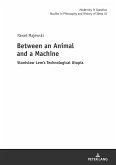Aesthetic reflections by various members of the Frankfurt school have dominated the art world for many decades. Sorgner shows that they introduced a paternalistic logic in the field of aesthetics while attempting to overcome paternalism. His art philosophical alternative reveals the option of creating non-totalitarian total works of art. The wide spectrum of posthuman artworks reveals the immense diversity of nontotalitarian total works of art.
"A deeply considered survey of the posthuman future of art. Sorgner's philosophy of posthumanism provides a path away from the dominant 20th-century aesthetics that still inform our conception of art today. Through the innovative concept of the 'twist,' Sorgner's encyclopedic text frames posthumanism as the foundation of an anti-totalitarian future of art." Eduardo Kac
"Philosophy of Posthuman Art impressively examines the aesthetics of the monstrous, of hybridity, of smoothness and of the amorphous, to name a few. It is an articulate and informed analysis not only of particular artworks but also their philosophical underpinnings of Critical Posthumanism, Transhumanism and Metahumanism. It not only includes examples of bioart, body art, performance art and cryptoart, but also techno, digital and cyborg music. It is a time when we transition from the ontology of Being to the ontology of Becoming. We are now in a liminal age of the hybrid and the chimera. And as Stefan Lorenz Sorgner reminds us, with a twist, we have always been cyborgs." Stelarc
"A deeply considered survey of the posthuman future of art. Sorgner's philosophy of posthumanism provides a path away from the dominant 20th-century aesthetics that still inform our conception of art today. Through the innovative concept of the 'twist,' Sorgner's encyclopedic text frames posthumanism as the foundation of an anti-totalitarian future of art." Eduardo Kac
"Philosophy of Posthuman Art impressively examines the aesthetics of the monstrous, of hybridity, of smoothness and of the amorphous, to name a few. It is an articulate and informed analysis not only of particular artworks but also their philosophical underpinnings of Critical Posthumanism, Transhumanism and Metahumanism. It not only includes examples of bioart, body art, performance art and cryptoart, but also techno, digital and cyborg music. It is a time when we transition from the ontology of Being to the ontology of Becoming. We are now in a liminal age of the hybrid and the chimera. And as Stefan Lorenz Sorgner reminds us, with a twist, we have always been cyborgs." Stelarc

